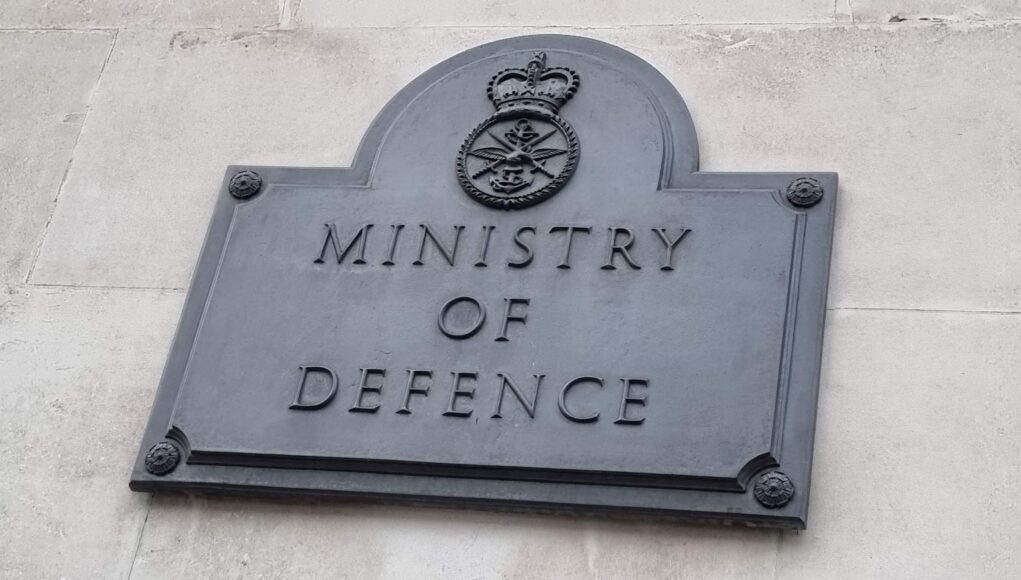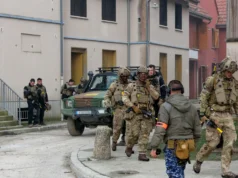The Ministry of Defence will roll out new short-term Armed Forces employment schemes and accelerate the onboarding of applicants, as part of a drive to reverse years of recruitment and retention shortfalls.
Responding to a parliamentary question from Liberal Democrat MP Rachel Gilmour, defence minister Luke Pollard said the Government had “inherited a crisis in recruitment and retention from the last administration,†and that the recently published Strategic Defence Review had set out a new approach aimed at “reconnecting society with the Armed Forces and the purpose of Defence.â€
Central to that effort will be speed: shortening the time between a candidate expressing interest and joining the military. One initiative under development is a so-called “gap year†programme, to give young people fixed-term employment across a range of Armed Forces roles. These will offer skills training, apprenticeships and experience of military life without requiring long-term commitment.
Pollard said the aim was to offer “novel ways of entry into the Armed Forces that attract more people from a wider range of backgrounds.â€
The minister also confirmed the introduction of several policies already showing results, including a pay rise for recruits and serving personnel, the overhaul of outdated medical entry requirements, and a new direct-entry route for cyber specialists. The Ministry of Defence is also working to reduce the time taken to issue conditional offers and provisional training start dates.
According to Pollard, the measures are having measurable impact. “Year on year there are now increased applications to the Armed Forces, increased inflow by 19% – including exceeded recruitment targets by the Royal Navy – and at the same time we have reduced outflow by 7%,†he told Parliament.














The government should stop hounding our old retired soldiers through the courts (the Phil Shiner’s of the world). Then maybe recruitment might pick up. Alternatively we could fill our ranks with human rights lawyers as they seem to be able to make split second decisions in theatre’s of war. One thing that always puzzled (maybe someone could answer this question for me). The human rights act was instituted in 1998. However, we retrospectively apply this to cases pre-1998. Seems to me this breaks a fundamental tenet of common law that you cannot institute laws that act retrospectively. I’m surprised our soldiers do not make this point in court when some IRA terrorist is claiming his human rights were infringed. We now have the SAS refusing to go on missions unless they are lawyered up themselves. The application of human rights laws to theatres of war will lead to a lot of British deaths. It’s about time wet liberals stop brandishing their woke credentials and realized that theatres of war are, by their very nature, nasty places where people do bad things to one another.